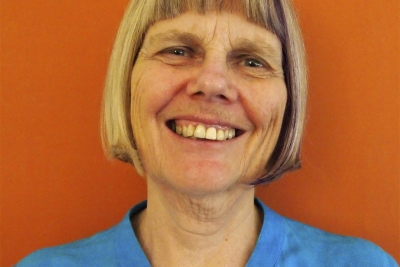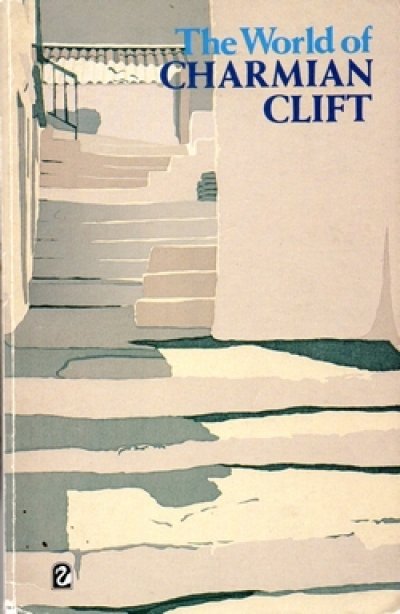Essay
There is one kind of writing that, unfailingly, moments after I start it, stiffens my wrist till it’s too painful to go on. It must be genetic because my daughter has the same condition. Diary-writing, filling up a Daybook or whatever. Consequently, I keep no journal or notebook of any kind. I did once, in a red exercise book, for a month, on the Strathnaver from Tilbury in 1954. I’ve read it. Embarrassing! And just now I’ve been prospecting the diaries my father gave me as Christmas presents, one for 1953, the other for 1954. The later one opens in Hampstead and closes in Black Rock, swearing on the last page (to whom, I wonder, Her Majesty herself?) that Rule Britannia will never, as far as this lad is concerned, tum into Waltzing Matilda. Oh dear!
... (read more)One is tempted to view the proliferation of the small Australian literary magazine as a postmodern development. Few these days will turn a hair at the use of that term, previously confined to the domain of abstruse theories about culture and aesthetics. When the Australian Broadcasting Commission bandies about a word on the grounds that it has significance for programming strategies (according to the thrust of recent conferences, we may prepare ourselves for a new postmodern style ABC arts radio), then the word has acquired respectable currency. Postmodernism, according to the rule of thumb I shall engage here, simply emphasises the destabilisation of distinctions between ‘high’ and ‘low’ culture, and the fragmentation of modernism’s homogeneous cultural narrative into a multiplicity of independent discourses. Cultural richness becomes evaluated in terms of diversity.
... (read more)We are having a Sunday picnic. It is not a cosmopolitan affair, with pâté and brie and champagne, nor even a dinky-di one, with sausages and sauce and tinnies. Simply an impromptu, let’s-get-out-of-thehouse event: a jar of peanut butter, a jar of honey, a tub of marge, half a loaf of Friday’s bread and a packet of jubes.
... (read more)I was supercilious towards Italy and Italians before seeing Italian films and reading Curzio Malaparte’s novels. Malaparte foiled the superciliousness while the films’ backgrounds, something as simple as sunlight in the squares, intrigued. Previously France had provided an alternative to Anglo-Saxon culture. An Irish heritage set me askew to Anglo-Saxondom, but it did not give me another language as English had supplanted Gaelic. In any case, Ireland was the past and a somewhat mythic past at that. My parents were attached to Ireland but even their parents had been born in Australia. Indeed there had been no direct contact with Ireland since the mid-nineteenth century; it was the past you could not reach but only romanticise. Being of Irish origin meant being Catholic outside the Anglo-Protestant Pale.
... (read more)The notion of what it means to be different, and the question of how we know we are different, invites us to consider statistical method and its implications for our society, for only in the context of what is normal can an individual be assessed as different. Mathematically, it would appear that the relationship between an individual and a society composed of individuals is by no means straightforward, a subtlety increasingly lost on those citizens who, armed with degrees in the social sciences, emerge from our tertiary institutions to study, rehabilitate, and edify us.
... (read more)The Chief Justice of New Zealand opened his recent judgment on the attempts to suppress the book Spycatcher by Peter Wright with the comment that it was ‘probably the most litigated book in all of history’. That may be correct; although I suspect that the Bible may yet have a slight edge.
The Bible was probably the first book carried from the ships of the First Fleet when they anchored in Sydney Cove in January 1788. From reading the catalogue which accompanies this exhibition, I get the impression that the Rev. Richard Johnson – sent to this country by an organisation with the engaging name of the Eclectic Society – was rather like those annoying people who nowadays clamber aboard a jumbo jet struggling remorselessly on with the entirety of their worldly possessions. Johnson was just such a man. He carried with him no less than 100 Bibles, 350 New Testaments, 500 Psalters, 100 Prayer Books and 200 Catechisms – all made available to him by the Society for Promoting Christian Knowledge. Amongst his most precious possessions were twelve copies of Bishop Thomas Wilson’s An Essay towards an Instruction for the Indians. Sadly, guns and hangings all too soon quickly replaced words and books in the relationship between the newcomers and the indigenous inhabitants of the Great South Land.
... (read more)When the Writers’ Week organisers asked me to come and talk on a panel of literary agents, I naturally asked what they wanted me to talk about. (I knew that jokey anecdotes about publishers, writers, and agents would be just the thing; I also knew that my delivery would fall horribly flat, even if I could remember any.)
It was suggested that I might talk about pitfalls for writers – a subject on which literary agents can wax lyrical for hours – but that seemed slightly arrogant from where I sit, and I began to think of pitfalls for agents. And from there I started to think about what agents can and can’t do, how useful we are or aren’t, and by the time I’d thought all that through, I had the bones of what I wanted to talk about.
... (read more)

